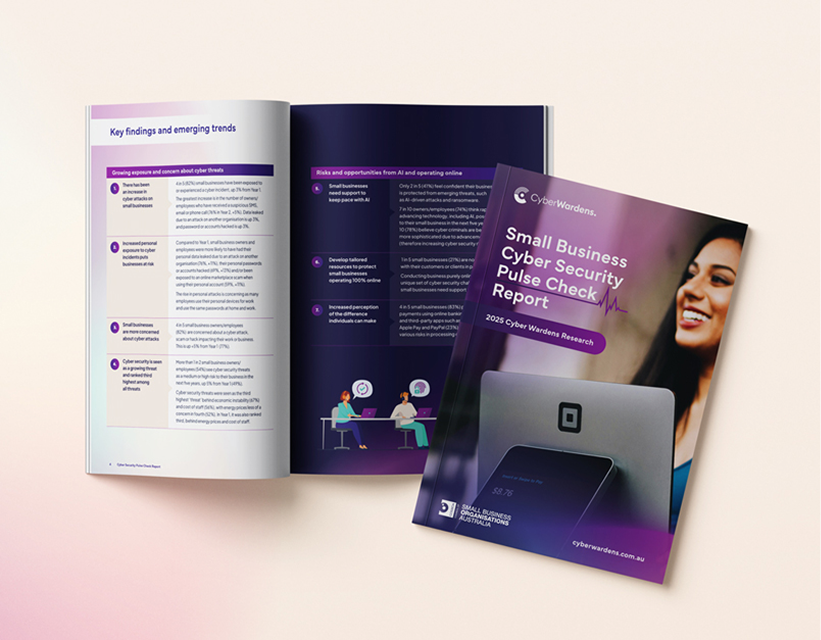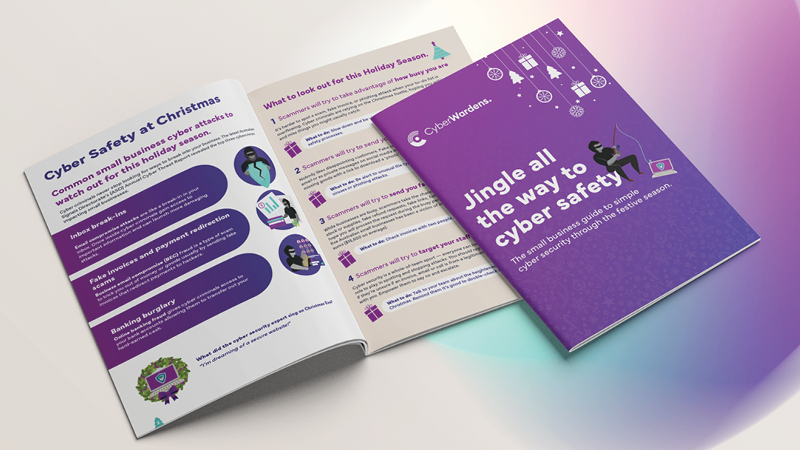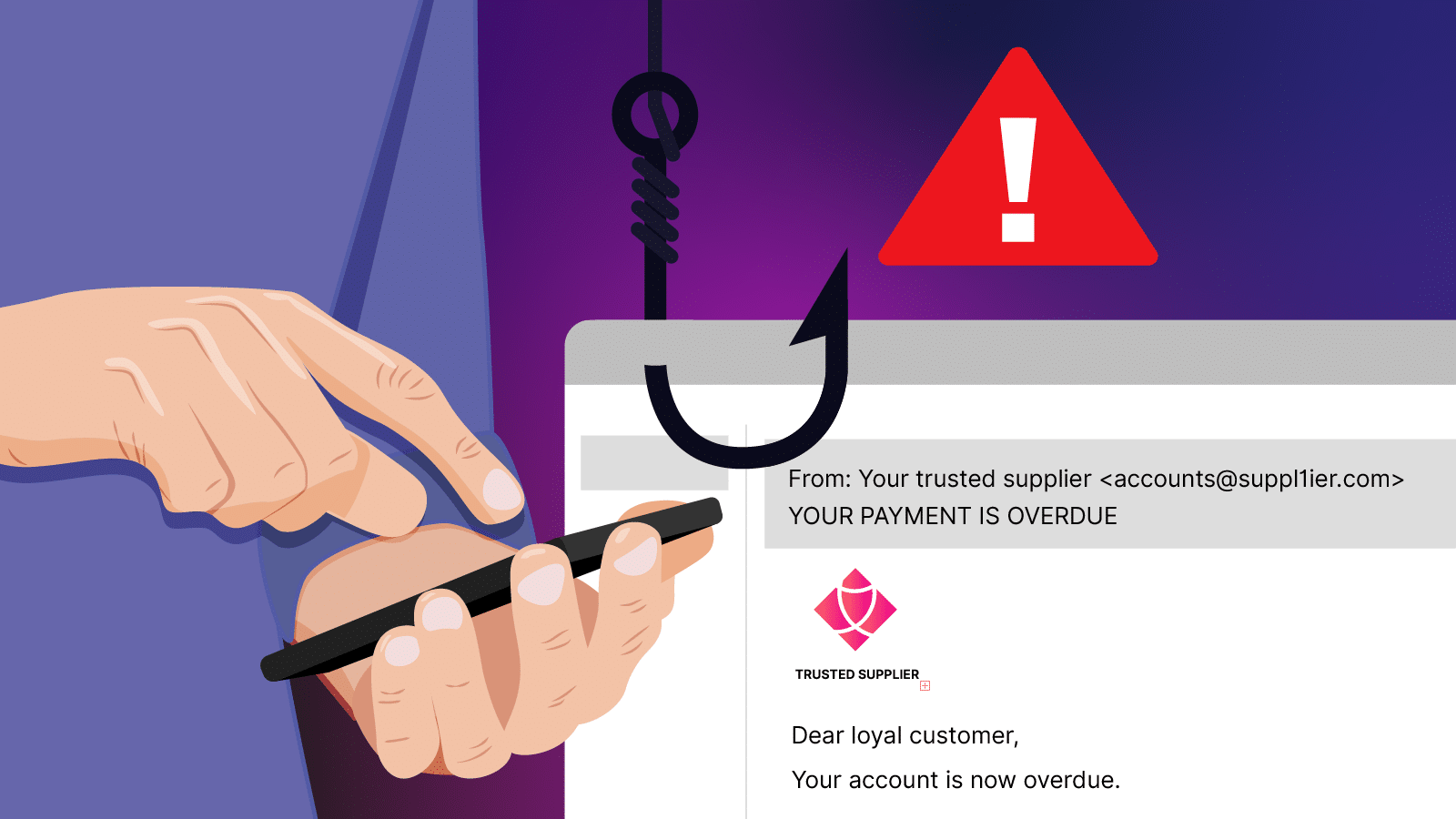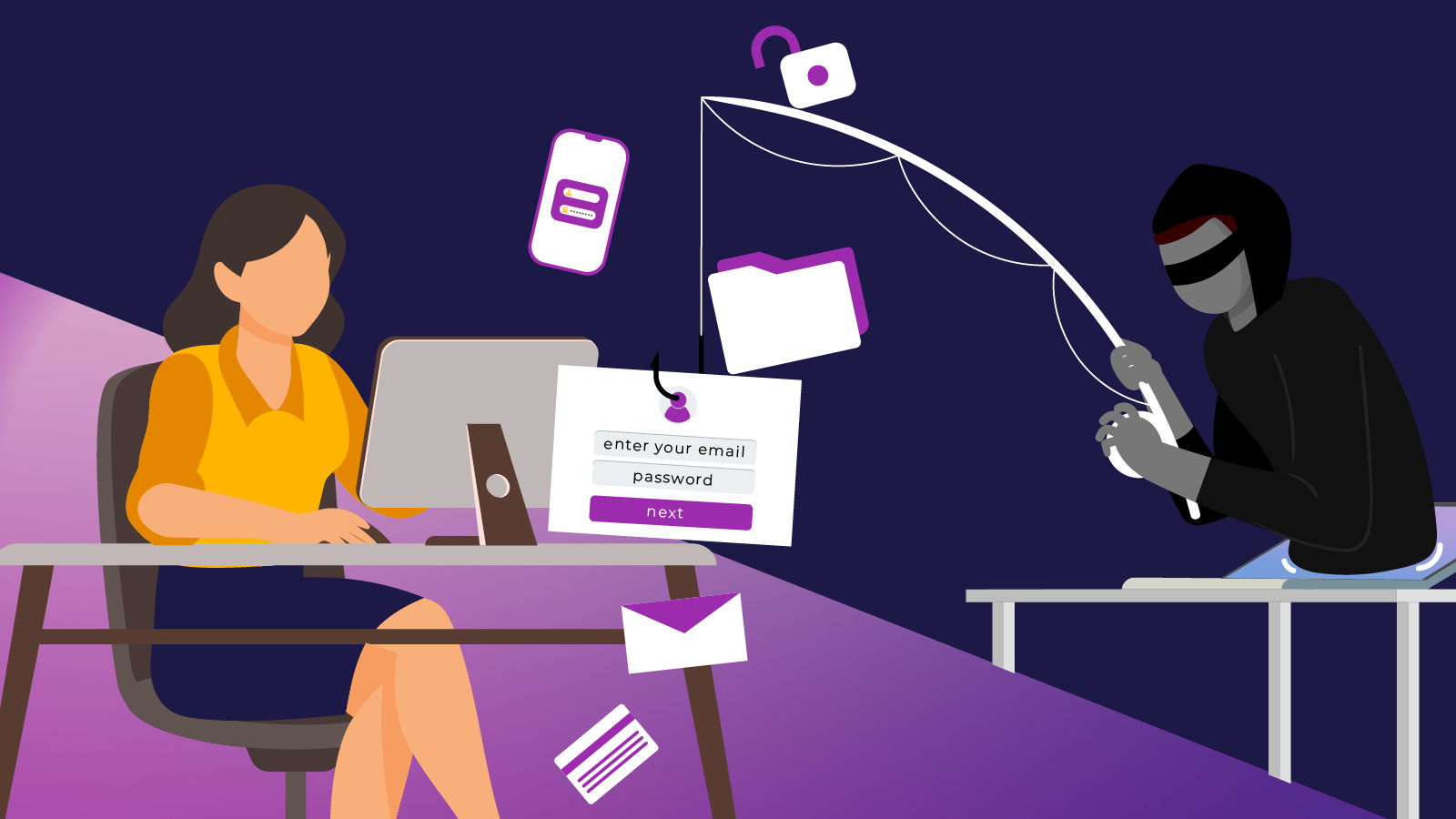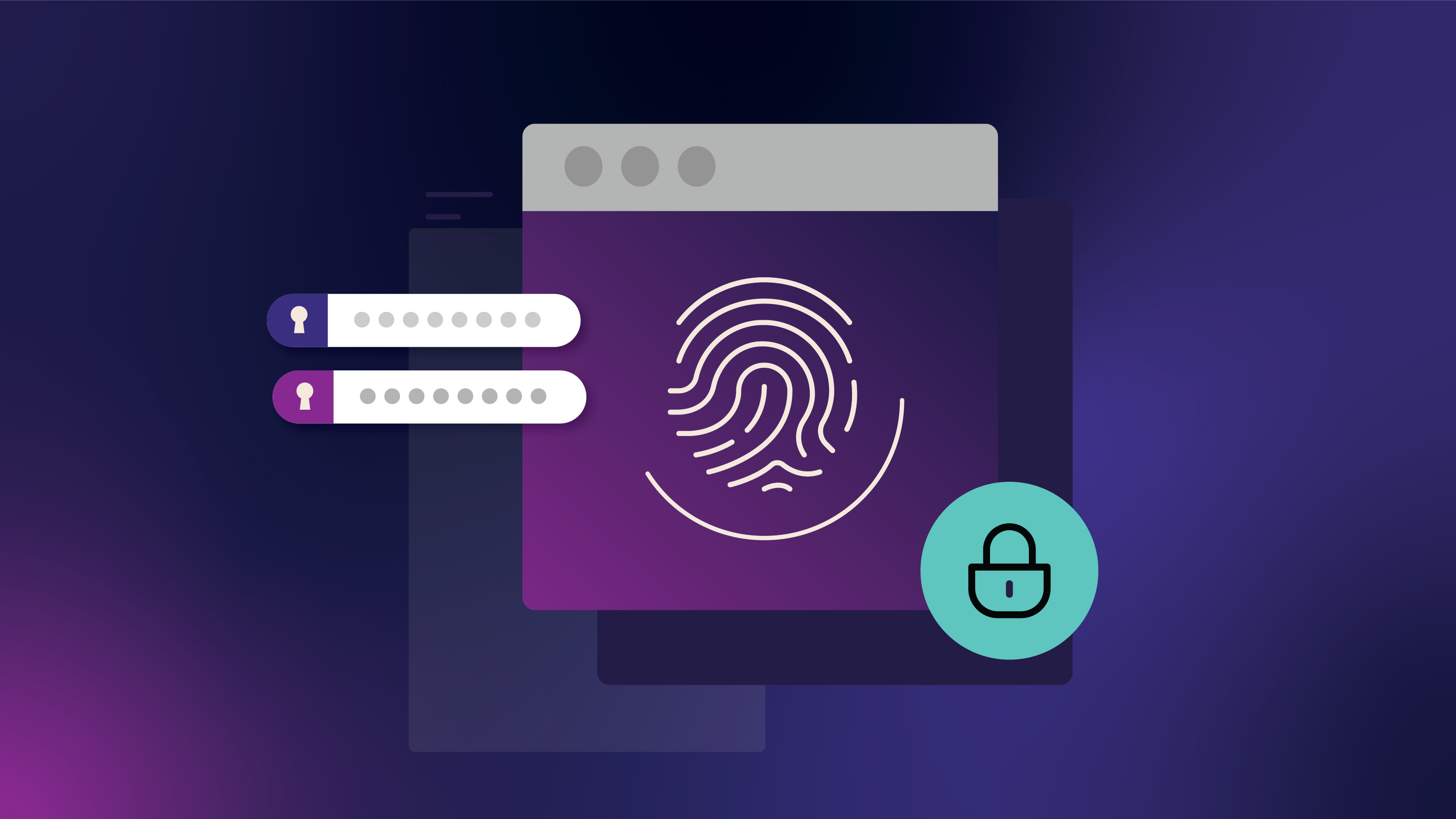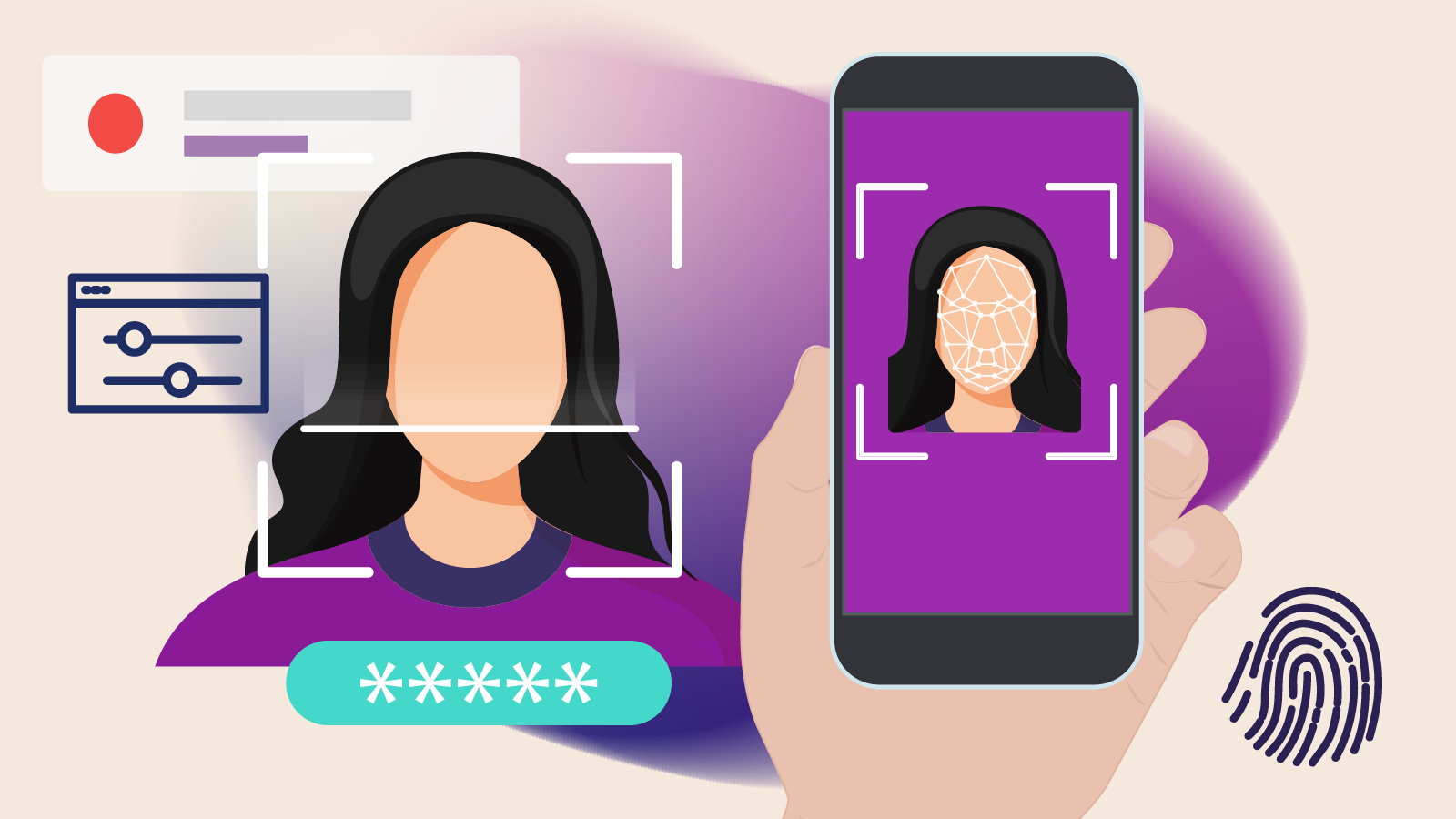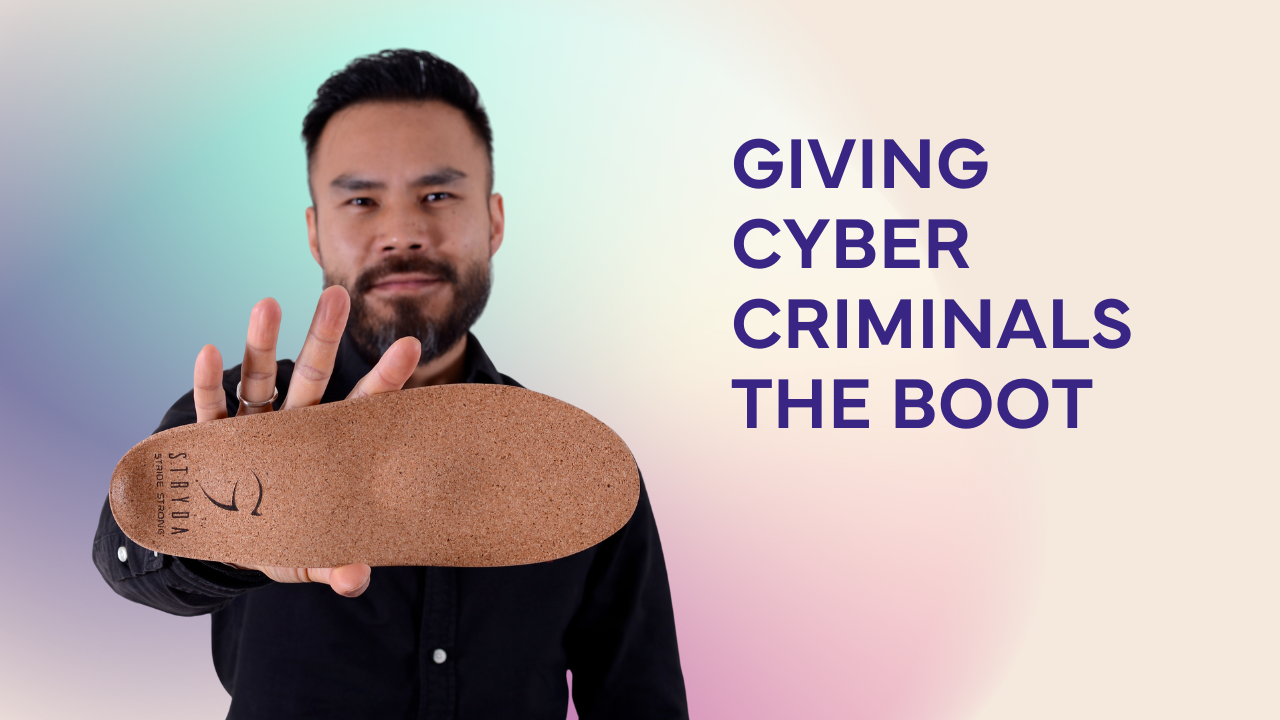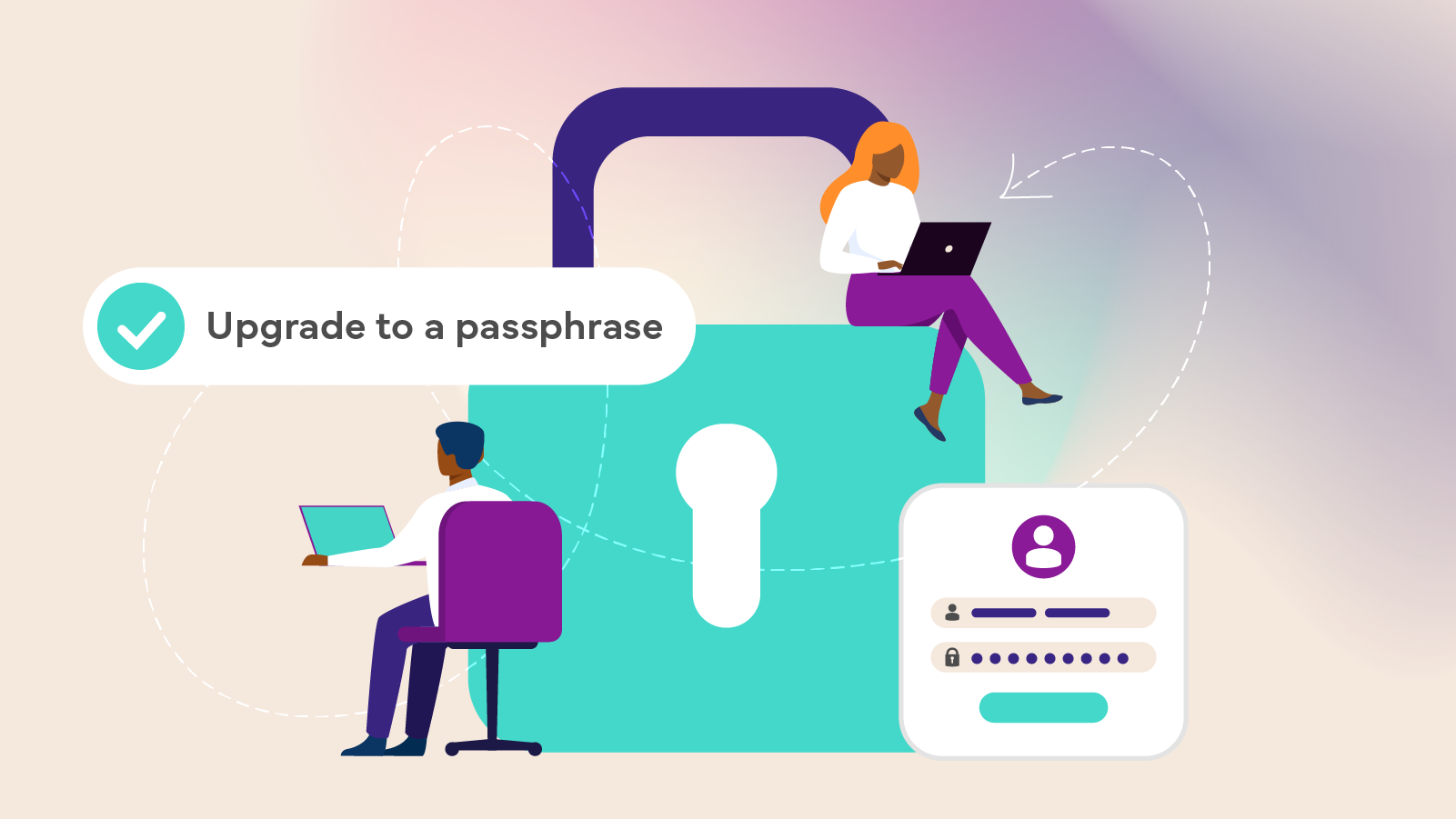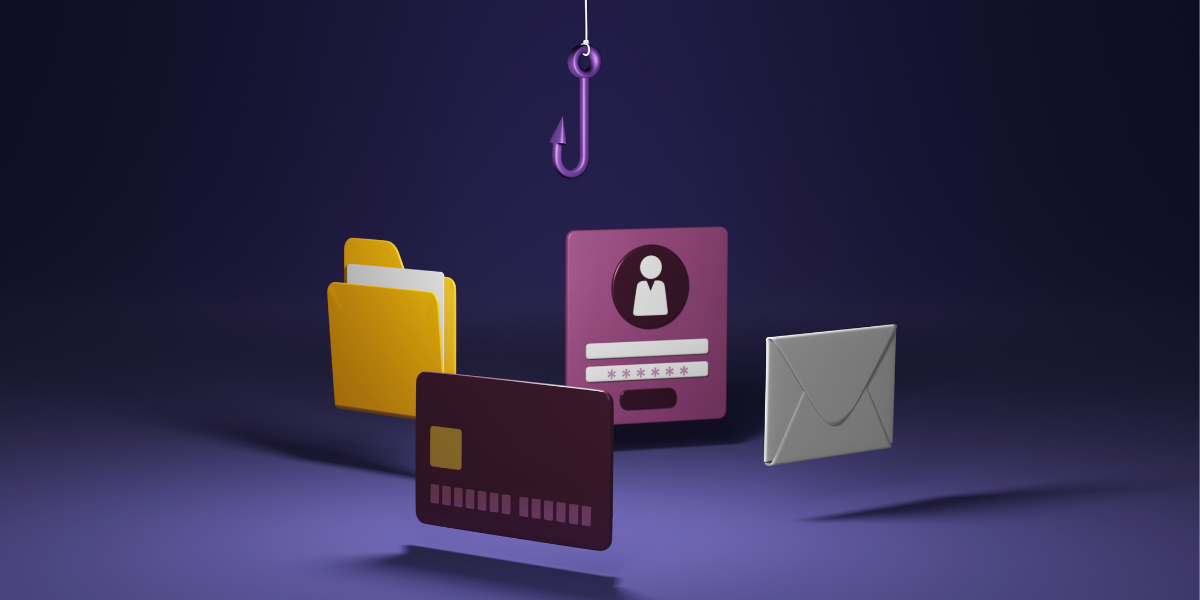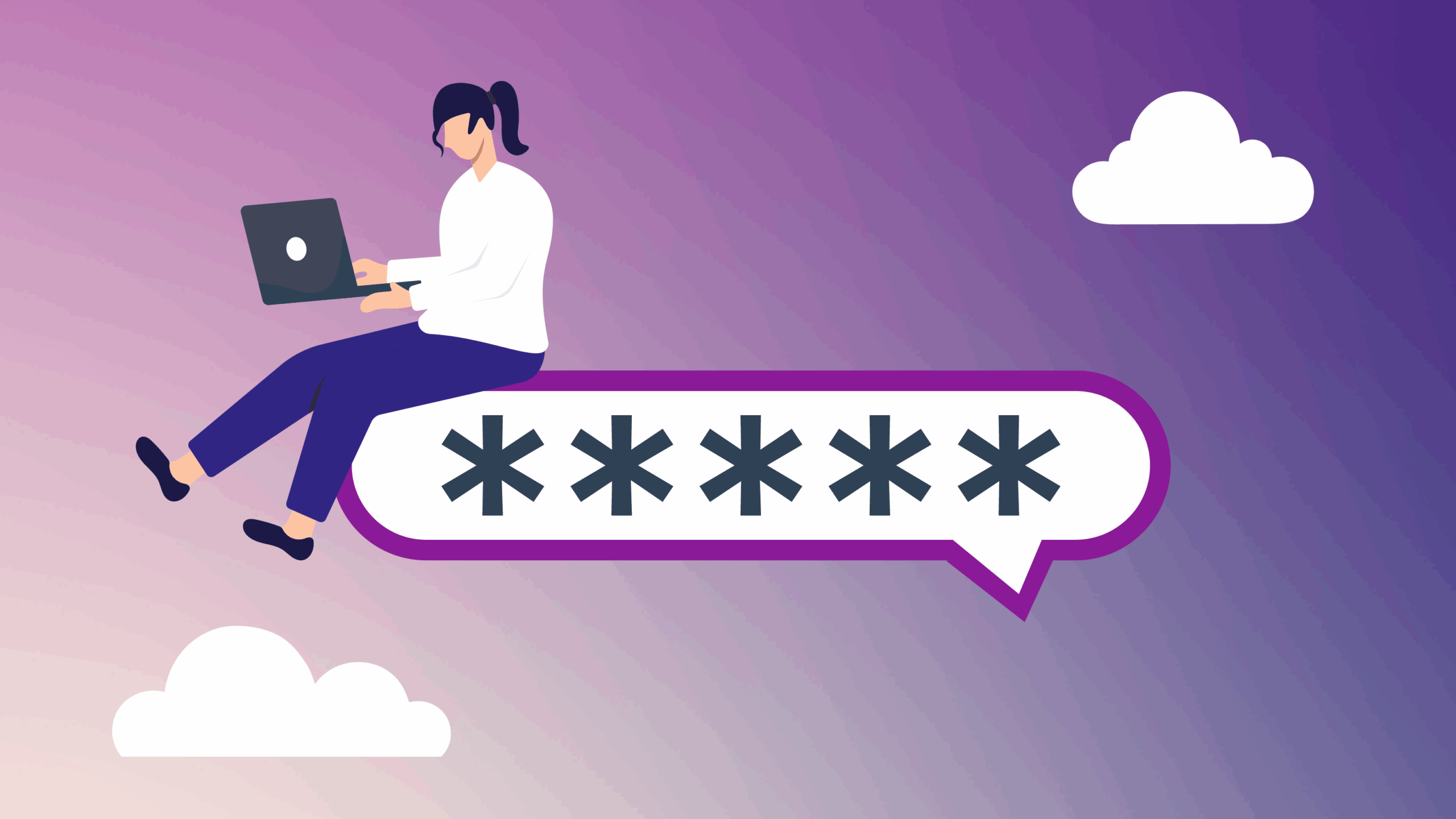Just like small businesses, cyber criminals are extra busy in the lead-up to Christmas — except they’re trying to find ways to break into your business.
To help keep your business safe, Cyber Wardens has launched a festive season small business guide to cyber security. It’s jam-packed with practical tips and quick wins that will safeguard your business from a cyber attack. Here’s a sneak peek of some advice:
1. Scammers will try to take advantage of how busy you are
It’s harder to spot a scam, fake invoice or phishing attack when your to-do list is overflowing. Cyber criminals are relying on the Christmas hustle hoping you will lose focus and miss things you might usually catch.
WHAT TO DO
- Slow down and be vigilant about following your standard cyber safety processes.
2. Scammers will try to send you fake customer complaints
Nobody likes disappointing customers. Fake customer complaints may be sent to your email or as private messages on social media and include accusations of damaged or missing goods with a link to download a ‘photo’.

WHAT TO DO
- Be alert to unusual file types as the link may contain computer viruses or phishing attacks.
3. Scammers will try to send you fake invoices
WHAT TO DO
- Check invoices with two people.
4. Scammers will try to target your staff as well
Cyber security is a whole-of-team sport — everyone can be a target, and everyone has a role to play in spotting and stopping attacks. You should regularly remind your staff that if they’re unsure if an invoice, email or call is from a legitimate source, they should raise it with you. Empower them to say no and escalate.
WHAT TO DO
- Talk to your team about the heightened risk of cyber attacks at Christmas. Remind them it's good to double-check anything suspicious.
Lock it up
Looking at the above, you can see that having a strong password is as important as having a good lock on your front door.
If your passwords are weak in any way, consider getting yourself an upgrade, and creating new ones.
Your passwords are the digital locks to your business, your identity and your salary.
Don’t leave your digital doors wide open – lock them up properly!
